Cigarette retail prices in Vietnam are very cheap.
The press had an interview with Dr. Angela Pratt - WHO Representative in Vietnam about solutions to prevent non-communicable diseases.
PV: Over the years, the Vietnamese Government has always valued WHO's advice and support in protecting and improving people's health, especially WHO's valuable support in helping Vietnam overcome the Covid-19 pandemic.
Implementing WHO recommendations, the Vietnamese Government has issued Decision No. 155/QD-TTg approving the National Plan for Prevention and Control of Non-Communicable Diseases and Mental Health Disorders for the 2022-2025 period. How do you evaluate this effort of Vietnam?
Ms. Angela Pratt: The Government of Vietnam has set ambitious targets to reduce the burden of non-communicable diseases as well as ambitious targets to reduce tobacco consumption and improve some services for people with non-communicable diseases.
It can be seen that the implementation of the goals of reducing tobacco consumption, although having some initial results, has not yet achieved progress according to the set goals.
Now that we have clear strategic directions and action plans, it is time to focus on implementation to bring about positive changes to people’s health and lives.

Dr. Angela Pratt - WHO Representative in Vietnam.
PV: According to WHO, non-communicable diseases are often caused by the use of tobacco products, alcohol, and sugary drinks. To regulate consumer behavior, the Vietnamese government has applied a tax tool according to a roadmap for tobacco, alcohol, and beer. What do you think about this?
Ms. Angela Pratt: Acknowledging the encouraging results that Vietnam has achieved in reducing tobacco consumption. Tobacco consumption has decreased slightly in recent years. However, we need to take more drastic actions to reduce tobacco consumption.
Regarding taxes, I think the current tax rate is not high enough to affect consumer behavior. We all know that increasing tobacco taxes is the most effective measure to reduce consumption quickly and in the short term.
Therefore, we recommend that the Government consider applying the highest possible tax rate to effectively reduce tobacco consumption in the coming time.
Cigarette retail prices in Vietnam are very cheap, cheaper than most other countries in the region and in the world . We need to make cigarettes expensive enough to have an almost immediate impact on consumption. This will require a sufficiently high increase in cigarette taxes.
Similarly, for alcohol, taxes are currently applied to alcohol products, but they are not high enough to impact the consumption of these products.
Therefore, we also recommend considering continuing to apply higher tariffs to ensure that the prices of these products increase significantly, thereby reducing the consumption of these products.
Need to make products more expensive...
Reporter: Currently, the Ministry of Finance is submitting to the Government a draft Law on Special Consumption Tax (amended), which proposes to increase special consumption tax on products harmful to health: cigarettes, alcohol and beer. What is the significance of this, Madam?
Ms. Angela Pratt: First of all, I congratulate and appreciate this important direction of the Government. The WHO recommendation is to apply a tax rate, a special consumption tax high enough to impact the consumption of these harmful products.
PV: In this draft, the Ministry of Finance includes sugary drinks in the list of subjects subject to special consumption tax. What do you think about this proposal? What should Vietnam learn when applying it, madam?
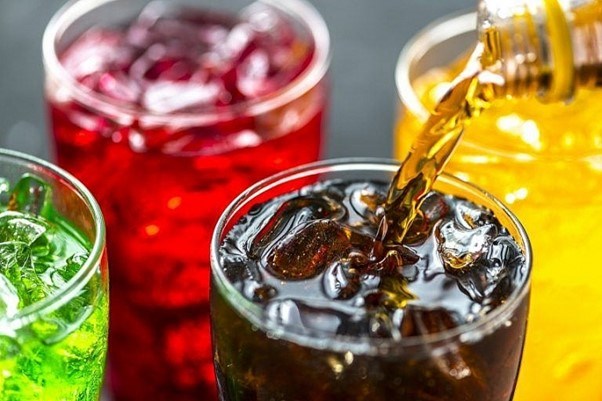
Sugary drinks are very bad for your health.
Angela Pratt: Similar to the principle of taxing tobacco and alcohol, sugary drinks are also harmful products to health.
Therefore, it is necessary to use price signals to discourage consumption of these products, or in other words, to make sugary drinks more expensive.
There is evidence from many countries around the world that this measure is really effective. Worldwide, more than 100 countries currently tax sugary drinks in some form.
At the same time, there is growing evidence that similar to taxes on other unhealthy products, when set high enough, they will have an impact on consumption.
Sugary drinks are very harmful to health, and consuming sugary drinks does not provide any nutritional benefits. The level of sugary drink consumption is directly related to the rate of overweight and obesity in children.
Therefore, we are really pleased that this product is also included in the proposal for subjects subject to special consumption tax and hope that this proposal will be approved and included in the amended Law on Special Consumption Tax.
PV: Thank you very much!
K recommends imposing excise tax on sugary drinks
Meanwhile, Mr. Mark Goodchild - WHO economist in Vietnam said that globally, especially in developing countries, the burden of non-communicable diseases is increasing. One of the causes is due to unreasonable diet. This is why WHO recommends interventions to limit the origin of those risk factors, especially excessive sugar consumption.
“The free sugars in sugary drinks have virtually no nutritional value. Yet these products are actively promoted and marketed to young people, one of the groups most at risk of future diet-related non-communicable diseases. Therefore, as part of a package of interventions to limit diet-related non-communicable diseases, we recommend the introduction of an excise tax on sugary drinks to truly address these risk factors,” said Mark Goodchild .
Source


![[Photo] Readers line up to visit the photo exhibition and receive a special publication commemorating the 135th birthday of President Ho Chi Minh at Nhan Dan Newspaper](https://vphoto.vietnam.vn/thumb/1200x675/vietnam/resource/IMAGE/2025/5/17/85b3197fc6bd43e6a9ee4db15101005b)

![[Photo] More than 17,000 candidates participate in the 2025 SPT Competency Assessment Test of Hanoi National University of Education](https://vphoto.vietnam.vn/thumb/1200x675/vietnam/resource/IMAGE/2025/5/17/e538d9a1636c407cbb211b314e6303fd)
![[Photo] Prime Minister Pham Minh Chinh chairs meeting on science and technology development](https://vphoto.vietnam.vn/thumb/1200x675/vietnam/resource/IMAGE/2025/5/17/ae80dd74c384439789b12013c738a045)






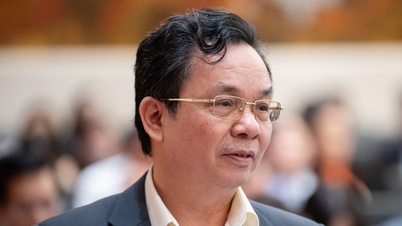


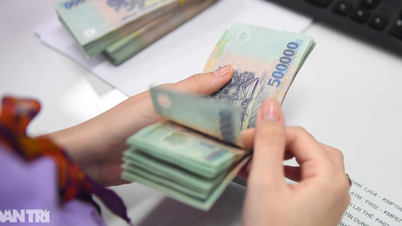

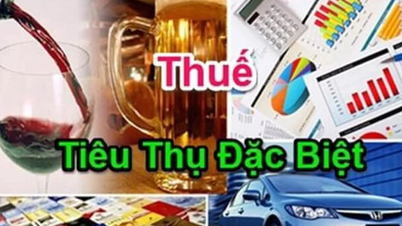


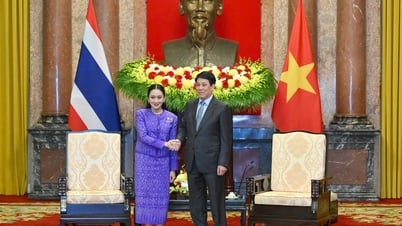


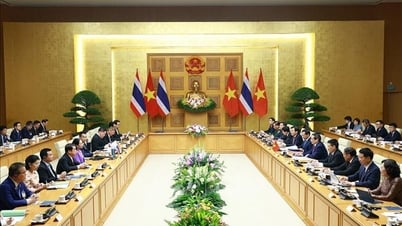


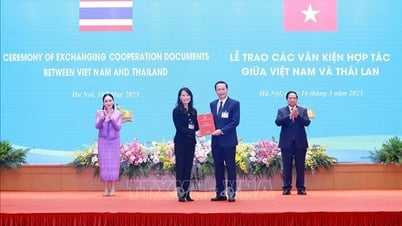










![[Photo] Nearly 3,000 students moved by stories about soldiers](https://vphoto.vietnam.vn/thumb/1200x675/vietnam/resource/IMAGE/2025/5/17/21da57c8241e42438b423eaa37215e0e)
















































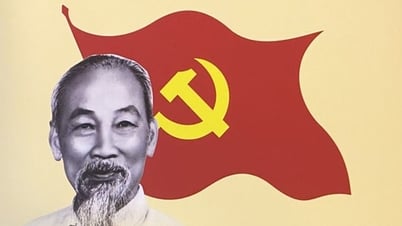





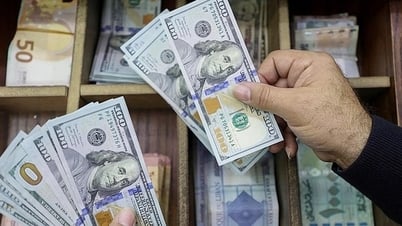

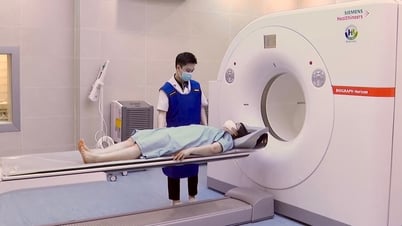










Comment (0)